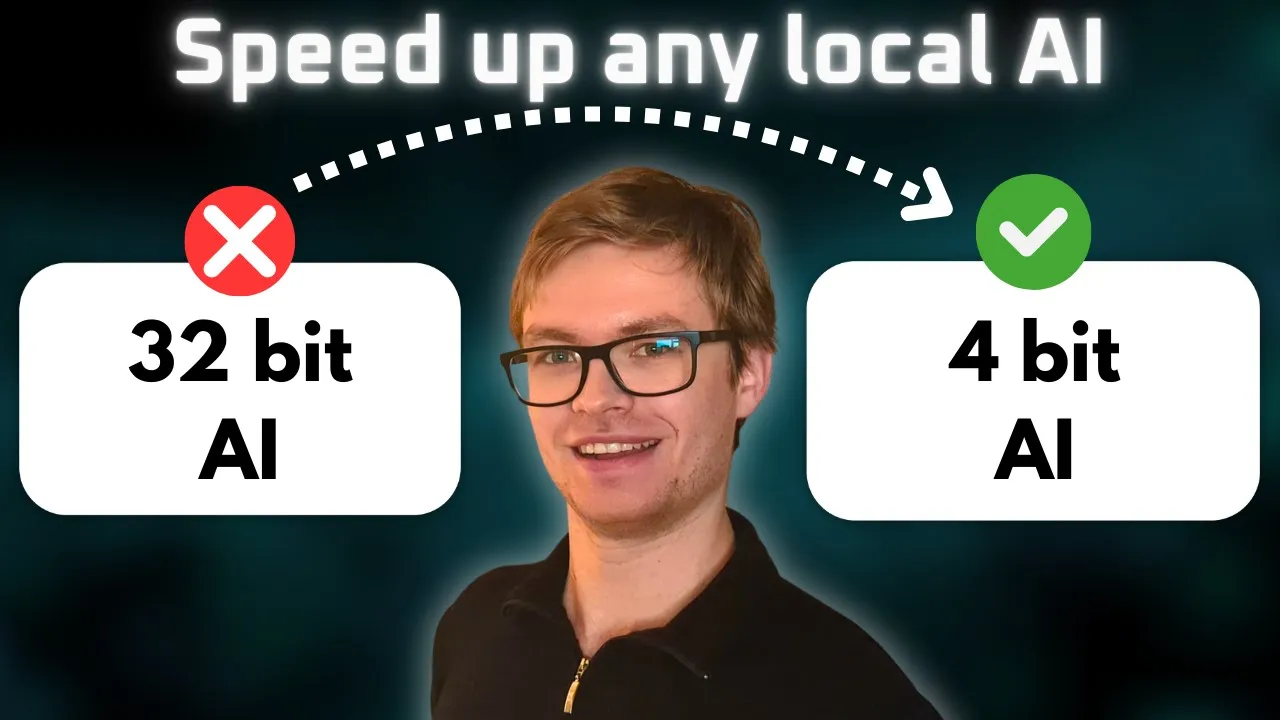ChatGPT vs Claude for Python Development
Python developers increasingly rely on AI coding assistants to accelerate development, debug complex issues, and learn new frameworks. The two leading options, ChatGPT and Claude, offer different strengths for Python development workflows. Through extensive testing and real-world usage across multiple Python projects, I’ve identified clear patterns in when each tool performs best for different programming tasks.
For a broader overview of available tools beyond these two, explore my comprehensive AI coding assistants guide.
Code Generation and Quality Comparison
Both tools excel at Python code generation, but with distinct characteristics:
ChatGPT Code Generation:
- Produces concise, functional Python code that typically runs correctly on first attempt
- Excels at common programming patterns, web frameworks, and popular Python libraries
- Generates comprehensive examples with proper imports and error handling
- Strong performance with data science and machine learning code patterns
Claude Code Generation:
- Creates more detailed, well-commented code with extensive documentation
- Provides better context about why certain approaches were chosen
- Excels at complex logic implementation with clear step-by-step reasoning
- Stronger at generating secure, production-ready code with proper validation
For most Python development tasks, both tools produce high-quality results, but Claude’s additional context and explanation often prove more valuable for learning and maintaining code.
Debugging and Error Resolution
AI assistance with Python debugging reveals significant differences between the tools:
ChatGPT Debugging Approach:
- Quickly identifies common Python errors and provides direct fixes
- Excellent at resolving import issues, syntax errors, and logic problems
- Provides multiple solution approaches when problems have several potential causes
- Strong performance with framework-specific debugging (Django, Flask, FastAPI)
Claude Debugging Process:
- Offers more comprehensive error analysis with detailed explanations
- Better at identifying subtle logic issues and edge cases
- Provides context about why errors occurred and how to prevent similar issues
- Excels at reviewing code for potential problems before they become bugs
When debugging complex Python applications, Claude’s thorough analysis often proves more valuable than ChatGPT’s quick fixes, particularly for understanding root causes.
Framework-Specific Development
Python framework support varies between the two AI assistants:
Web Development Frameworks: Both tools handle Django, Flask, and FastAPI well, but ChatGPT shows slight advantages with newer framework features and modern Python web development patterns.
Data Science and ML Libraries: ChatGPT demonstrates stronger knowledge of recent updates to pandas, scikit-learn, and TensorFlow, while Claude provides better explanations of complex data processing workflows.
API Development: Claude excels at designing robust API structures with proper error handling and documentation, while ChatGPT generates functional APIs more quickly.
Learning and Educational Value
For Python developers seeking to improve their skills, the tools offer different educational approaches:
ChatGPT Learning Style:
- Provides quick answers and working code examples
- Good for learning specific syntax and library usage
- Offers alternative approaches when asked for different implementations
- Efficient for rapid prototyping and experimentation
Claude Educational Approach:
- Offers comprehensive explanations of programming concepts
- Better at explaining Python best practices and design patterns
- Provides context about when to use different approaches
- Excellent for understanding the reasoning behind code design decisions
Performance and Practical Considerations
Real-world usage reveals practical differences for Python development:
Response Speed: ChatGPT typically generates code faster, making it better for rapid development cycles. Claude takes longer but provides more thoughtful responses.
Code Maintenance: Claude-generated code often includes better documentation and structure for long-term maintenance, while ChatGPT code focuses on immediate functionality.
Complex Problem Solving: Claude shows superior performance when tackling multi-step Python projects that require careful planning and architecture consideration.
Integration Workflows: Both tools integrate well with popular Python IDEs and development environments, though specific implementation approaches may vary.
Specific Use Case Recommendations
Choose ChatGPT when you need:
- Quick prototypes and proof-of-concept implementations
- Solutions to common Python programming problems
- Code for familiar frameworks with standard implementations
- Rapid iteration and experimentation during development
Choose Claude when you need:
- Well-documented, production-ready Python code
- Complex logic implementation with clear reasoning
- Learning-focused explanations of Python concepts and patterns
- Code review and architecture planning assistance
Consider Using Both: Many experienced Python developers use both tools strategically: ChatGPT for rapid development and experimentation, Claude for code review, documentation, and complex problem-solving. If you’re new to Python or want to strengthen your foundations for AI work, check out my guide on learning Python for AI implementation.
Integration with Python Development Workflow
Both tools can enhance your Python development process when integrated strategically:
Development Phase: Use either tool to generate initial code structures, implement specific functionality, or explore different approaches to solving problems.
Testing Phase: Both tools can help generate unit tests, though Claude often provides more comprehensive test coverage planning.
Code Review: Claude’s detailed analysis makes it particularly valuable for identifying potential improvements in existing Python code.
Documentation: Claude excels at generating comprehensive Python docstrings and project documentation, while ChatGPT provides quick inline comments.
Making the Right Choice for Your Python Projects
The optimal choice depends on your specific development needs and working style:
For rapid development cycles where speed matters most, ChatGPT’s quick, accurate responses provide excellent value. For projects where code quality, maintainability, and deep understanding are priorities, Claude’s comprehensive approach offers significant advantages.
Many successful Python developers find value in using both tools, leveraging each one’s strengths for different aspects of their development workflow.
To see exactly how to integrate these AI tools into your Python development workflow, watch the full video tutorial on YouTube. I demonstrate practical usage patterns and show you optimization techniques not covered in this comparison.
If you’re interested in learning more about AI-enhanced Python development, join the AI Engineering community where we share implementation strategies, tool comparisons, and practical approaches for integrating AI assistance into professional development workflows.
